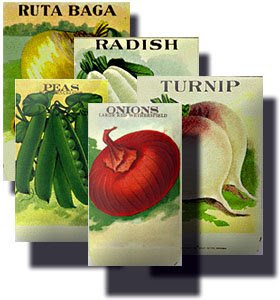PERFORMANCES
 The way the kinmokusei trees moved in the freshening wind this morning it was clear that they knew spring was arriving-- only the first edge, but they knew. They were dancing. Their movements weren't stiff and grudging, the way they'd been only a few days ago, merely shedding snow; they were softening and sinuous, the early part of elegant. They looked greener too, each leaf filling with light, each tree more in sync with the earth and its airs, as though it was all music.
The way the kinmokusei trees moved in the freshening wind this morning it was clear that they knew spring was arriving-- only the first edge, but they knew. They were dancing. Their movements weren't stiff and grudging, the way they'd been only a few days ago, merely shedding snow; they were softening and sinuous, the early part of elegant. They looked greener too, each leaf filling with light, each tree more in sync with the earth and its airs, as though it was all music.They even seemed a bit playful with each other, like newborn animals are. Watching them, I felt that feeling I get when watching kittens. Soon even the curled-up leaves of last year had joined in dancing to the wind; now that the snow was gone and the wind warming, it was party time. I was just a tourist, watching those local old-timers swirling in the air above the road, kicking up as though they were green again, not even touching the ground, like a bunch of human village dancers back in the day when villages danced like that in spring, whirling giddily, getting high, celebrating the newcoming...
Not long after that, as I was working in the garden tilling for a half-row of Inca potatoes - which look interesting ("Inca-no-hitomi is a diploid potato variety known for its yellowish-orange flesh, very high carotenoid content and chestnut-like nutty flavor" pdf link) - (only half a row 'cause I have to spread what's left of last year's compost pile before I can start tilling the other half) I looked up at the sky for an eye break and there, up in the gradual blue was the white crown of Mount Fuji - higher than the actual mountain - precisely created out of a bit of thick cloud floating by, the shading of the lower sky shaping the blue mountain itself in my mind's eye, the sky-Fuji slowly drifting toward the southeast where after a few moments it merged with a series of cloud dunes.
You really gotta watch it, there are performances everywhere.





























